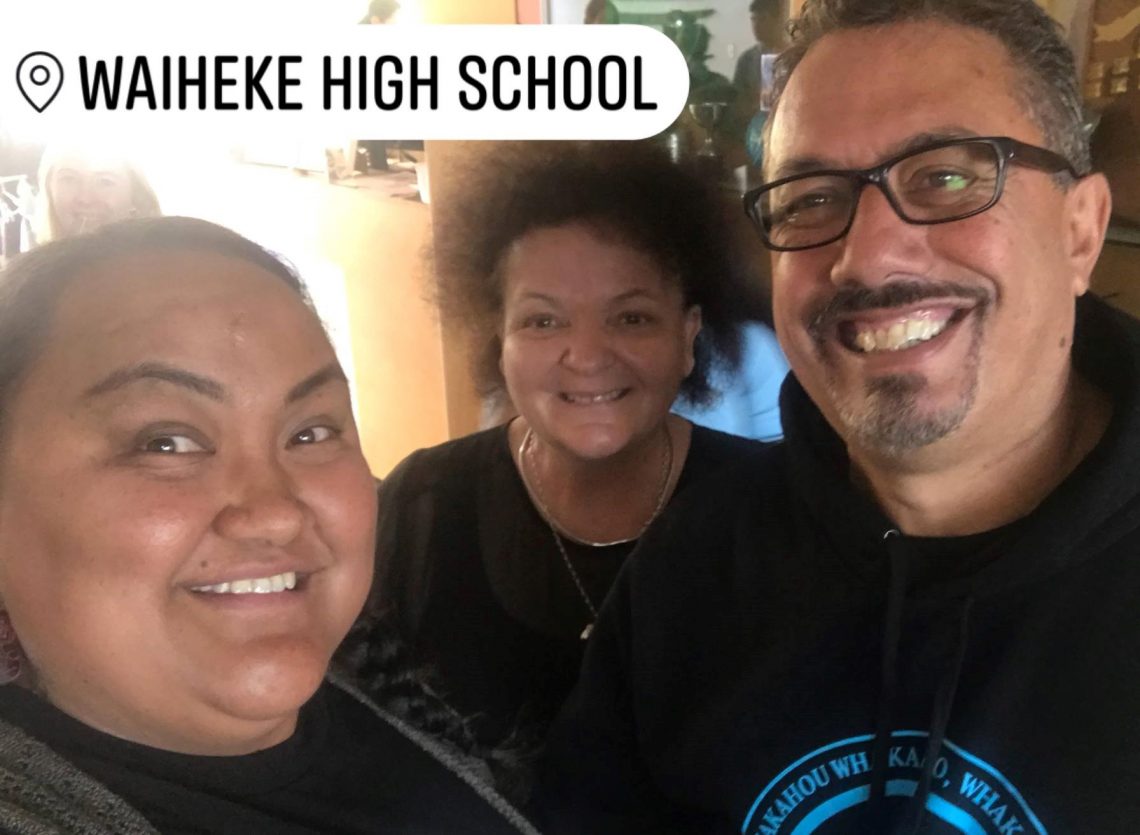Key to Life Charitable Trust, Mike King presentation.
Waiheke high school welcomes Mike King on Wednesday the 12th of September to talk about mental health awareness. We have invited Mike King because we strongly support students who are struggling with mental health and feel its crucial to raise awareness within the school and the wider community.
Below is more information about Mike King and the KTL trust.
The Key to Life Charitable Trust (KTL) is a community focused support group aiming to forever change the way New Zealanders think, act, and feel about mental health and mental well-being. Our specific goal is to work alongside health professionals, service providers, and those within our communities to promote positive attitudinal change throughout Aoteoroa.
The Key To Life Charitable Trust was established back in 2013 when Mike King was charged by police for riding his Harley Davidson without a license. As part of his community service Mike was asked to talk to the students at Taipa Area School in the Far North where 5 students had taken their own lives within several months.
Mike soon worked out that telling jokes was not going to make these kids feel any better so he began to talk about his past as a drug addict, an alcoholic, and someone who has suffered from self-esteem issues for most of his life. Mike took his mask off in front of the kids and in-turn they took off their masks. Mike soon realized that these kids needed someone to talk to who wouldn’t judge them, who wouldn’t call them attention seekers, drama queens, or anything else associated with suffering from confusion or a lack of self-esteem.
Soon after speaking at Taipa Area School the word got around that Mike’s talk had resonated with the students to the point where they were beginning to talk amongst themselves about the issues that were happening in their lives. Within two weeks Mike was invited to talk at several other schools in the Northland area. Since then KTL has spoken to over 250,000 students and youth and 30,000 adults throughout Aoteoroa.

